Saviez-vous que moins de 70 % de femmes consultent un dentiste pendant leur grossesse ? Pourtant, la santé dentaire est capitale pour le bien-être des futures mamans & leurs bébés. Aujourd’hui, Laura Chiavazza, hygiéniste dentaire experte et maman répond à nos questions et nous donne des informations précieuses à lire, à intégrer et à partager un maximum. Comme le souligne le proverbe “mieux vaut prévenir que guérir”, la prévention est fondamentale. Chez MotherStories, elle est une priorité et au coeur de toutes nos actions.
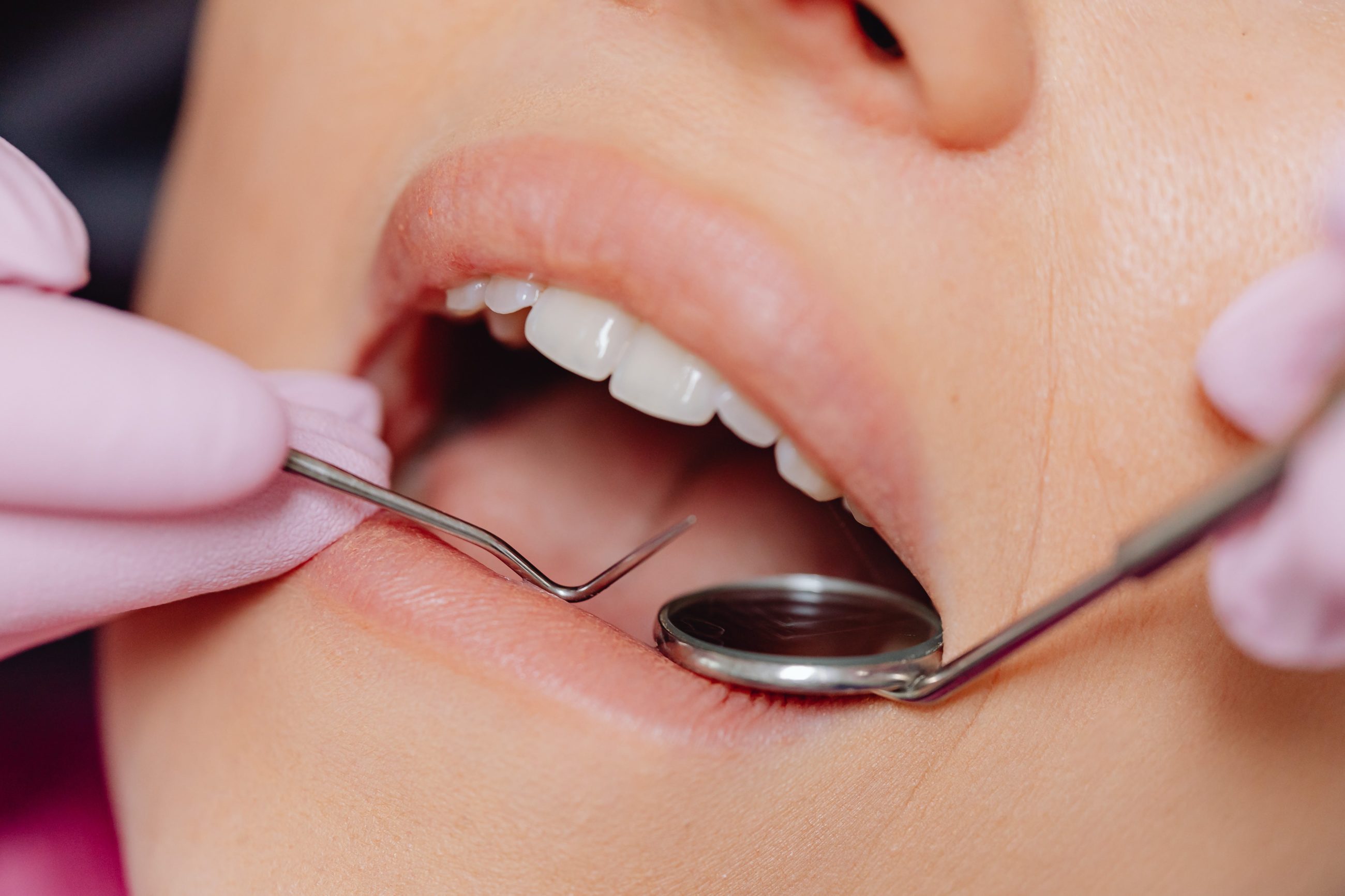
Pourquoi la prévention dentaire est-elle si essentielle pendant la grossesse ?
Durant la grossesse, des transformations physiques et des changements dans le mode de vie surviennent, impactant potentiellement la santé buccale. Afin de prévenir toutes complications, il est essentiel de maintenir une bonne hygiène dentaire et de faire des visites régulières chez l’hygiéniste, garantissant ainsi la santé de la future maman et de son bébé.
Quelles sont les complications possibles ?
Des saignements des gencives, des douleurs pouvant perturber la mastication, et des abcès dus à des caries non soignées. Avec les montagnes russes hormonales, gare à la gingivite tandis que les nausées et reflux augmentent l’acidité buccale, favorisant l’érosion des dents. Il faut faire attention aussi au sucre présent dans certains médicaments et auquel on ne pense pas.
La grossesse peut-elle entraîner une perte de dents ?
Contrairement à une croyance répandue, la grossesse ne provoque pas de décalcification des dents. Le calcium nécessaire au développement du fœtus est puisé dans les os de la mère, soulignant l’importance d’une consommation adéquate de calcium (1 200 mg/jour) recommandée par les professionnels de santé. Il existe un dicton qui dit « un fils, une dent », car dans le passé, il n’y avait pas autant d’informations qu’aujourd’hui et souvent les femmes, en raison des changements hormonaux et d’une hygiène et d’une prévention insuffisantes, développaient une parodontite entraînant la perte des dents.
Pourquoi la gingivite est-elle fréquente pendant la grossesse ?
Cette inflammation des gencives, réversible, est fréquente durant la grossesse (plus d’un tiers des femmes) à cause d’une vascularisation accrue et d’une sensibilité augmentée des gencives aux irritations liées à la plaque dentaire et aux hormones. La gingivite se manifeste souvent par des gencives rouges, gonflées et sujettes aux saignements, apparaissant généralement entre le 2e et le 3e mois de grossesse, et tend à se résorber après l’accouchement. Non traitée, la gingivite peut dégénérer en parodontite, une affection inflammatoire chronique affectant l’os soutenant les dents, pouvant entraîner leur mobilité voire leur perte.
Comment la prévenir ?
Une bonne hygiène bucco-dentaire est essentielle, incluant le brossage régulier avec un dentifrice fluoré, l’utilisation de fil dentaire ainsi qu’un détartrage deux fois par année. En cas de symptômes de gingivite, une consultation chez l’hygiéniste est recommandée pour un examen complet et des conseils appropriés pour préserver une bonne santé buccale.
Si elle n’est pas traitée, quel est le risque ?
Le plus grand risque est la parodontite. Depuis une vingtaine d’années, plusieurs recherches ont examiné l’impact de la parodontite sur le développement de la grossesse et la santé du nourrisson. Cette affection a été identifiée comme un potentiel facteur de risque pour des naissances prématurées, des bébés de faible poids, la pré-éclampsie, et d’autres complications gestationnelles.
Est-ce que les nausées de grossesse peuvent être problématiques pour les dents ?
L’acidité provoquée par les vomissements peut affaiblir l’émail des dents. Ne vous lavez donc pas les dents juste après avoir vomi. Rincez-vous simplement la bouche à l’eau en bannissant toute substance acide comme le citron.
Et les traitements dentaires pendant la grossesse ?
Si des caries ou des infections se présentent, il est important de les soigner rapidement, les traitements dentaires étant sans danger pendant la grossesse. Votre dentiste ou hygiéniste dentaire peuvent consulter votre médecin ou sage-femme pour planifier les soins, mais souvent, cela n’est pas nécessaire. Les anesthésies locales et certains antibiotiques sont sûrs pendant la grossesse mais pour tous les soins non urgents, il est préférable d’attendre après l’accouchement.
Et les radiographies dentaires pendant la grossesse ?
Durant la grossesse, il est possible de réaliser des radiographies dentaires pour un diagnostic précis et pour déterminer les traitements nécessaires. Bien que le ventre puisse être protégé par un tablier de plomb lors de ces examens, cette mesure n’apporte pas de protection supplémentaire, car le fœtus se trouve en dehors de la zone d’exposition aux radiations. Les technologies modernes utilisent des niveaux de radiation extrêmement faibles, bien inférieurs aux seuils pouvant être nocifs pour le fœtus, rendant ainsi ces radiographies totalement sûres pendant la grossesse.
Avez-vous des conseils rapides pour les soins dentaires de nos futures Mothers ?
- Brossez vos dents 2-3 fois par jour pendant deux minutes avec un dentifrice fluoré et, idéalement, avec une brosse à dents électrique rotative.
- Utilisez du fil dentaire ou une brossette interdentaire quotidiennement pour éliminer la plaque entre les dents.
- Les bains de bouche ne sont pas recommandés au quotidien mais en cas d’infection ou d’inflammation (mais toujours sur les conseils de l’hygiéniste dentaire).
- Adoptez une alimentation riche en calcium, vitamines A, C, D, protéines, et phosphore. Les multivitamines prénatales peuvent compléter votre régime.
- Limitez les aliments et boissons sucrés, surtout en dehors des repas.
- Consultez votre hygiéniste dentaire et dentiste régulièrement et informez-les de votre grossesse.
- Faites au moins deux séances de détartrage pendant la grossesse.
- Ne vous brossez jamais les dents immédiatement après avoir vomi ou mangé, mais attendez au moins 30 minutes.
Et les dents de bébé ?
Pour favoriser le bon développement des dents et des os de votre bébé durant la grossesse, il est essentiel de maintenir une alimentation équilibrée, riche en vitamine D et en calcium. Bien que certains problèmes de santé sérieux durant la grossesse ou à l’accouchement puissent affecter les dents de lait du bébé, ces incidents n’ont généralement pas d’impact sur la formation de la dentition permanente.
Pour plus d’informations sur l’hygiène et la santé buccale , nous vous invitons à contacter directement Laura. Elles saura vous conseiller, vous accompagner et, si besoin, vous rediriger vers un dentiste.


Whitening Artists
Hygiénistes dentaires
Cabinet Rhône – Rue du Rhône 61, 1204 Genève
Cabinet Molard – Place du Molard 5, 1204 Genève
Le Studio Manor – Rue de la Louve 8, 1003 Lausanne
+41 (0) 78 238 27 70
www.whitening-artists.com
info@whitening-artists.com
@whitening_artists


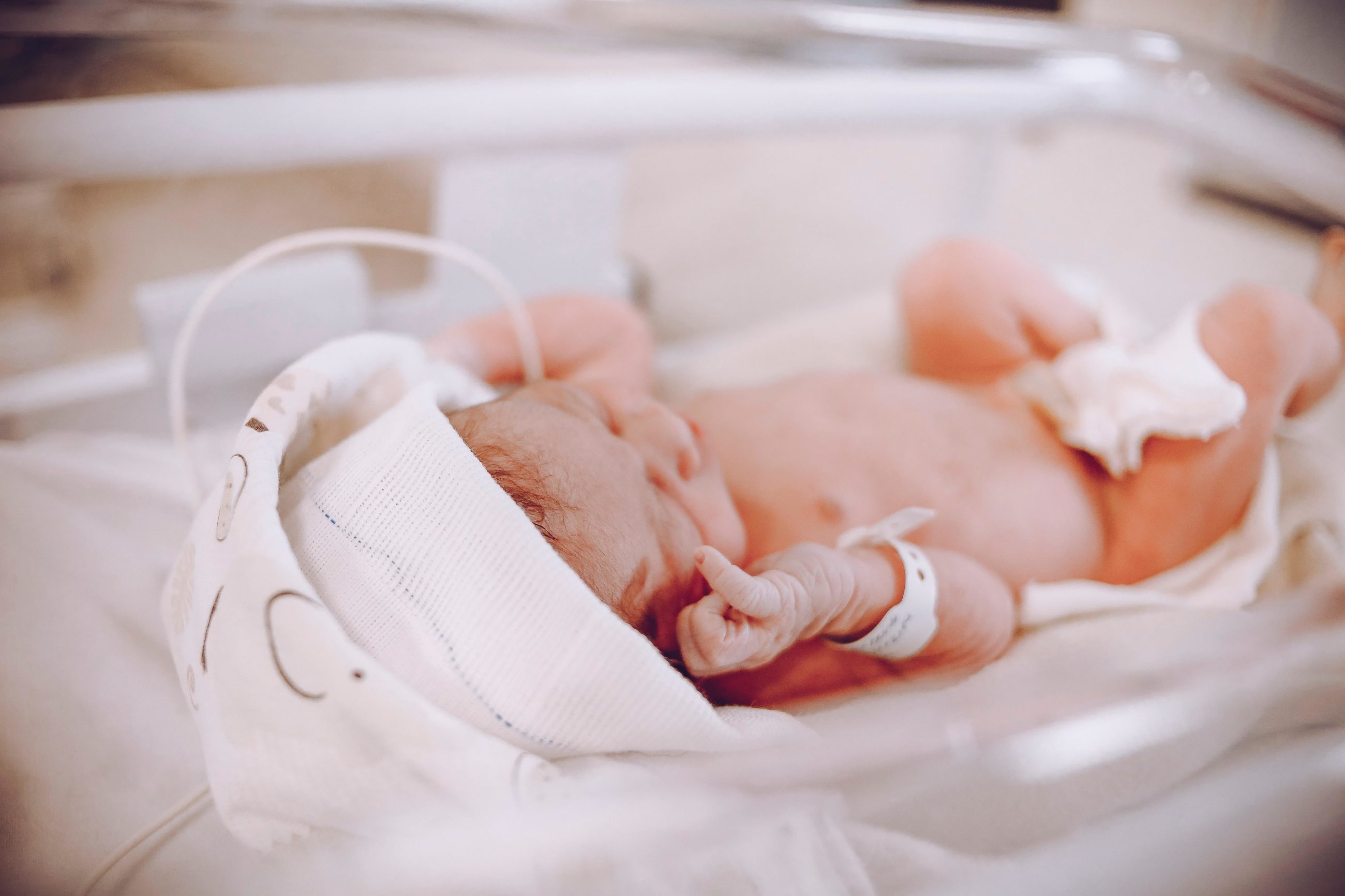
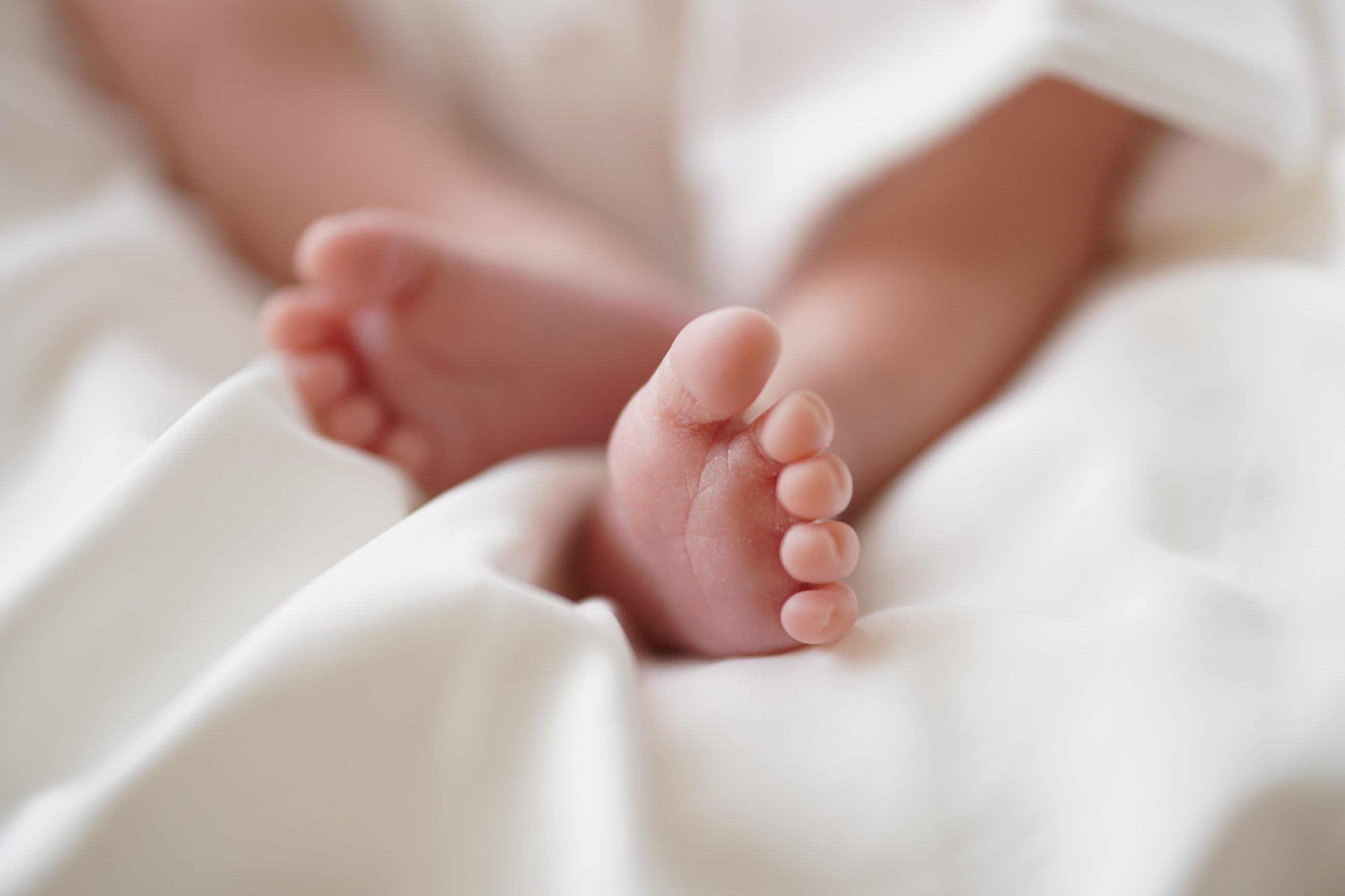

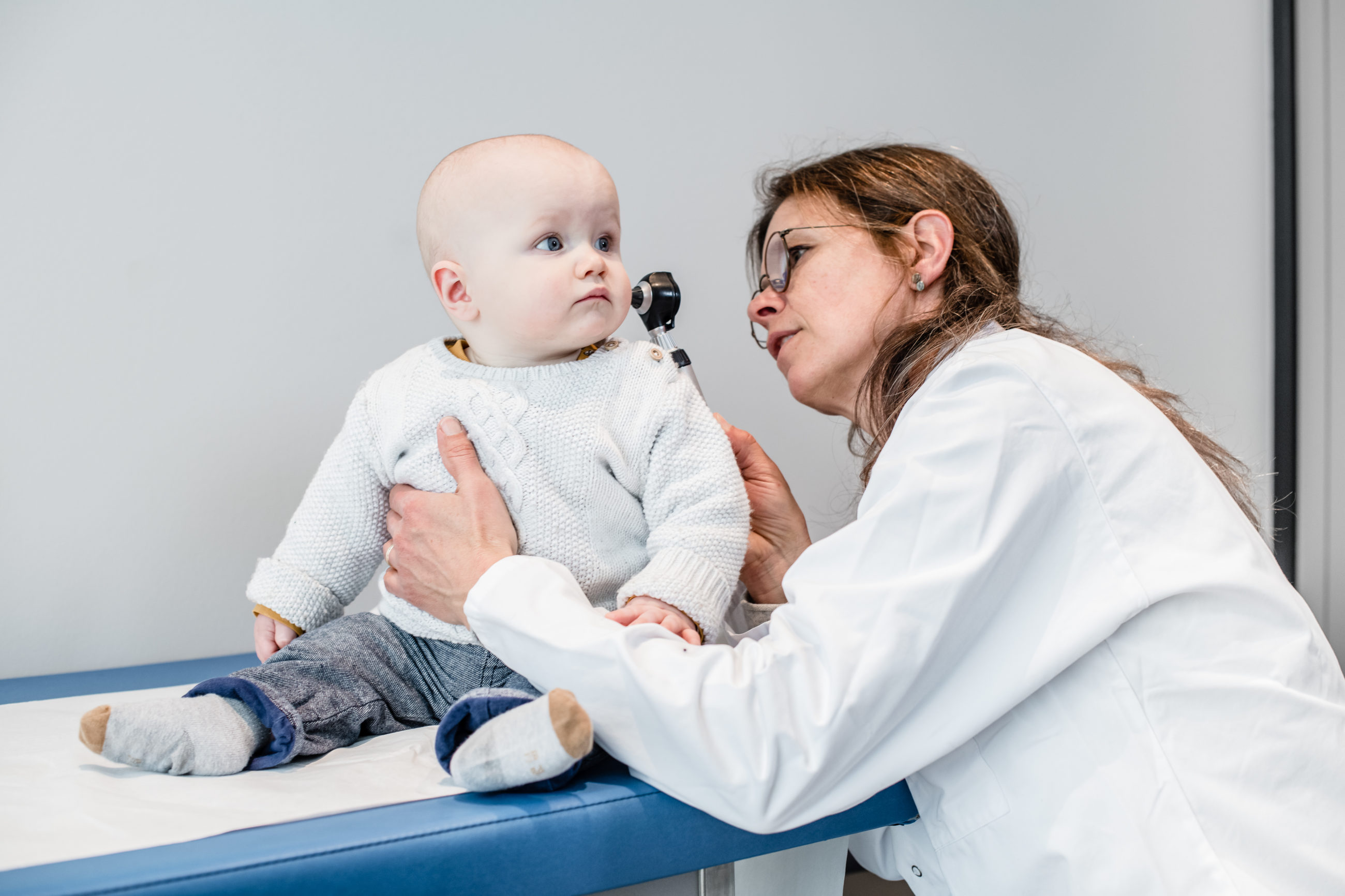
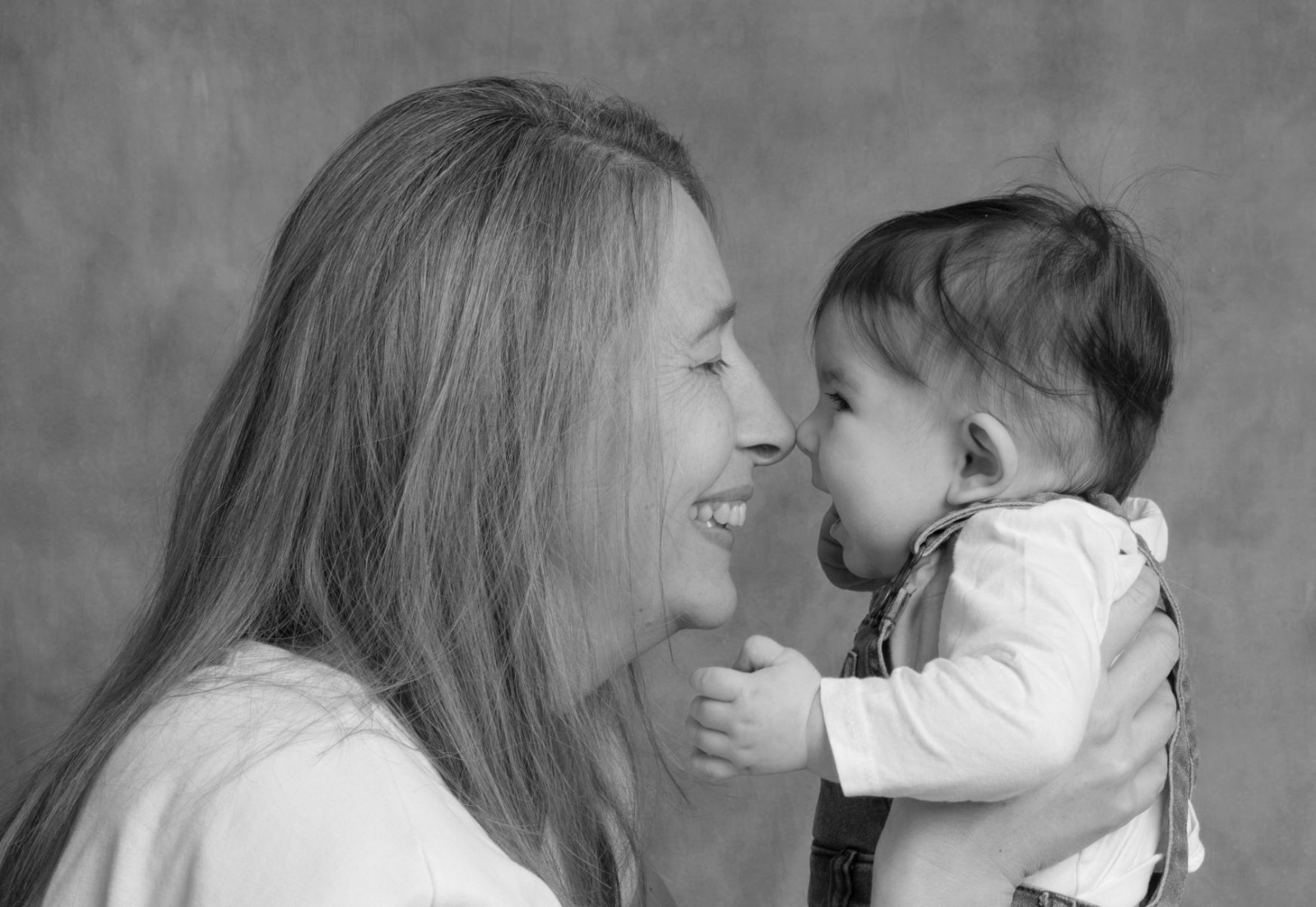
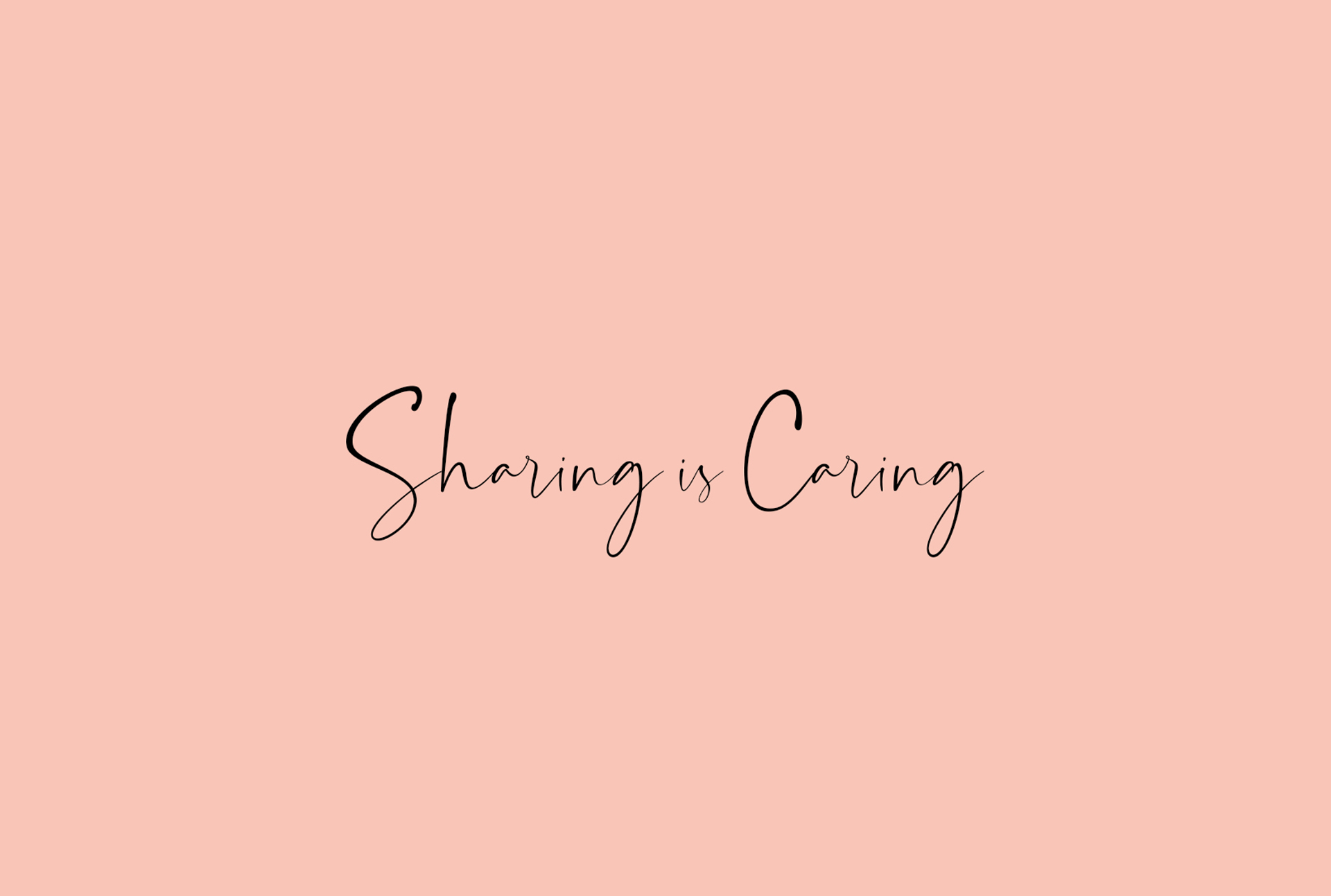
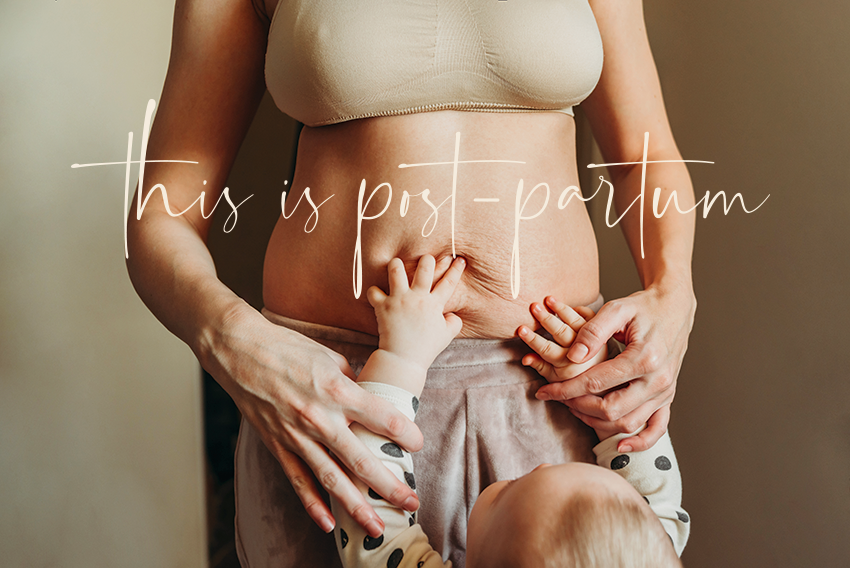

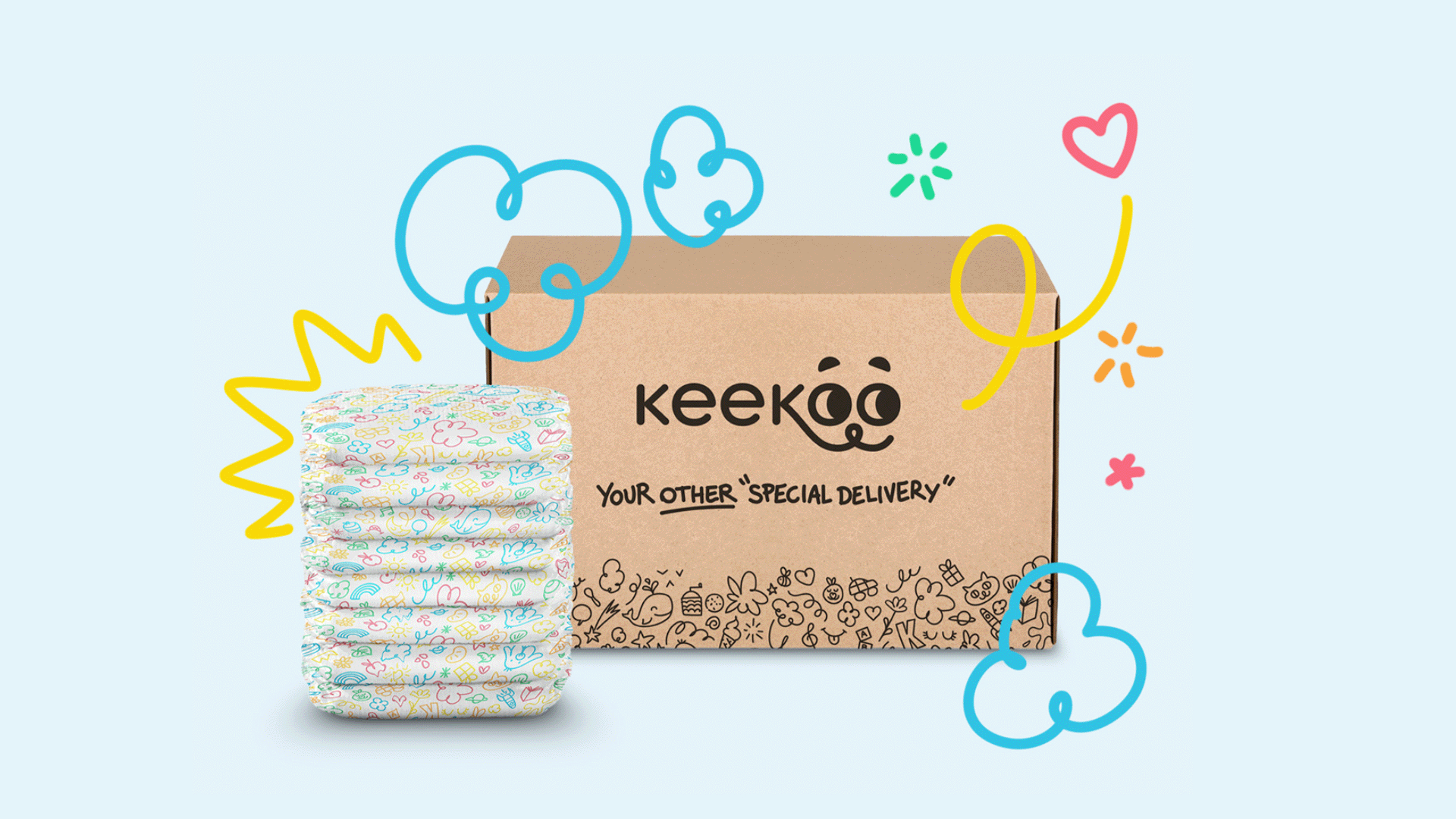

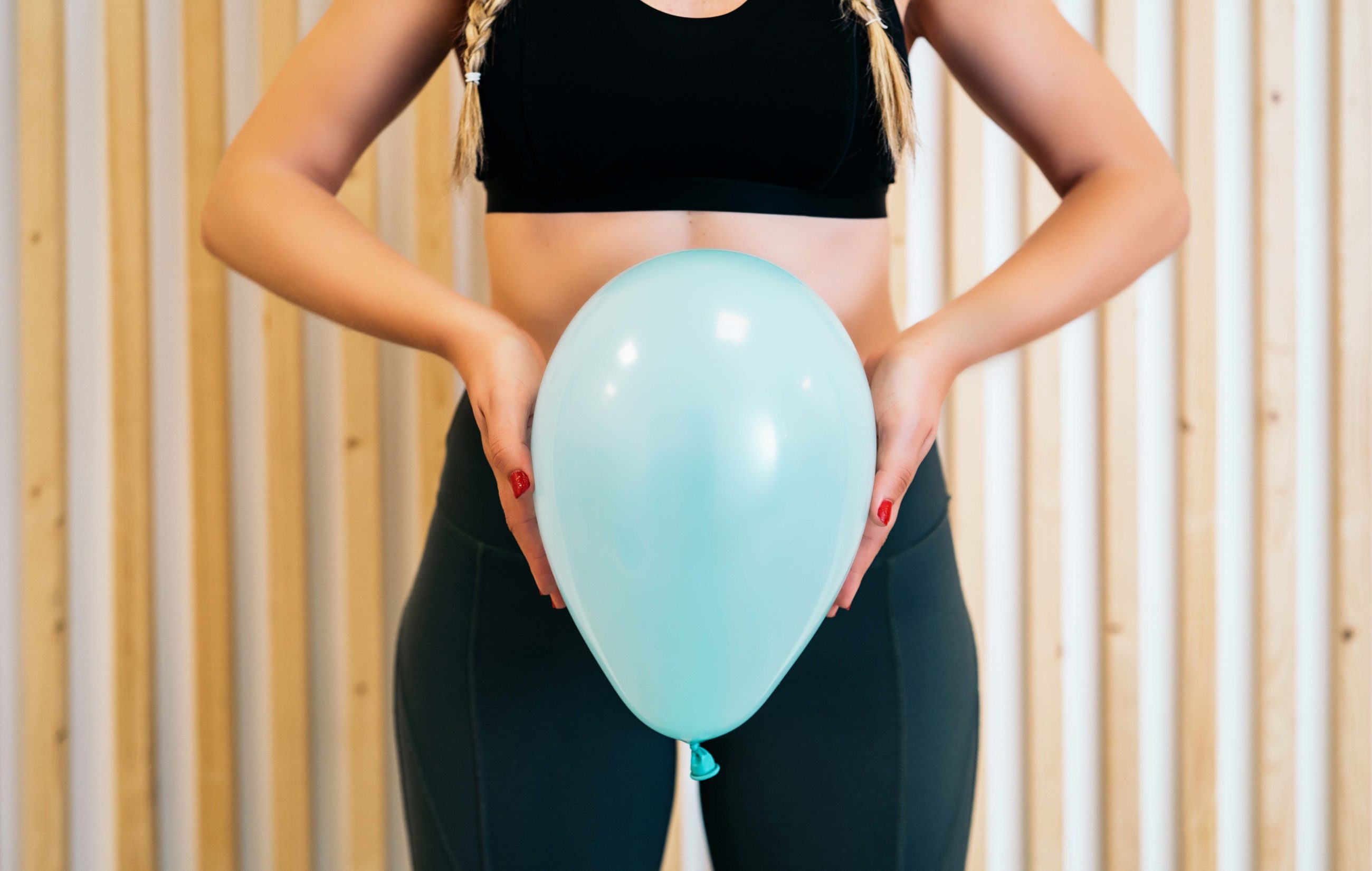






Partager cet article